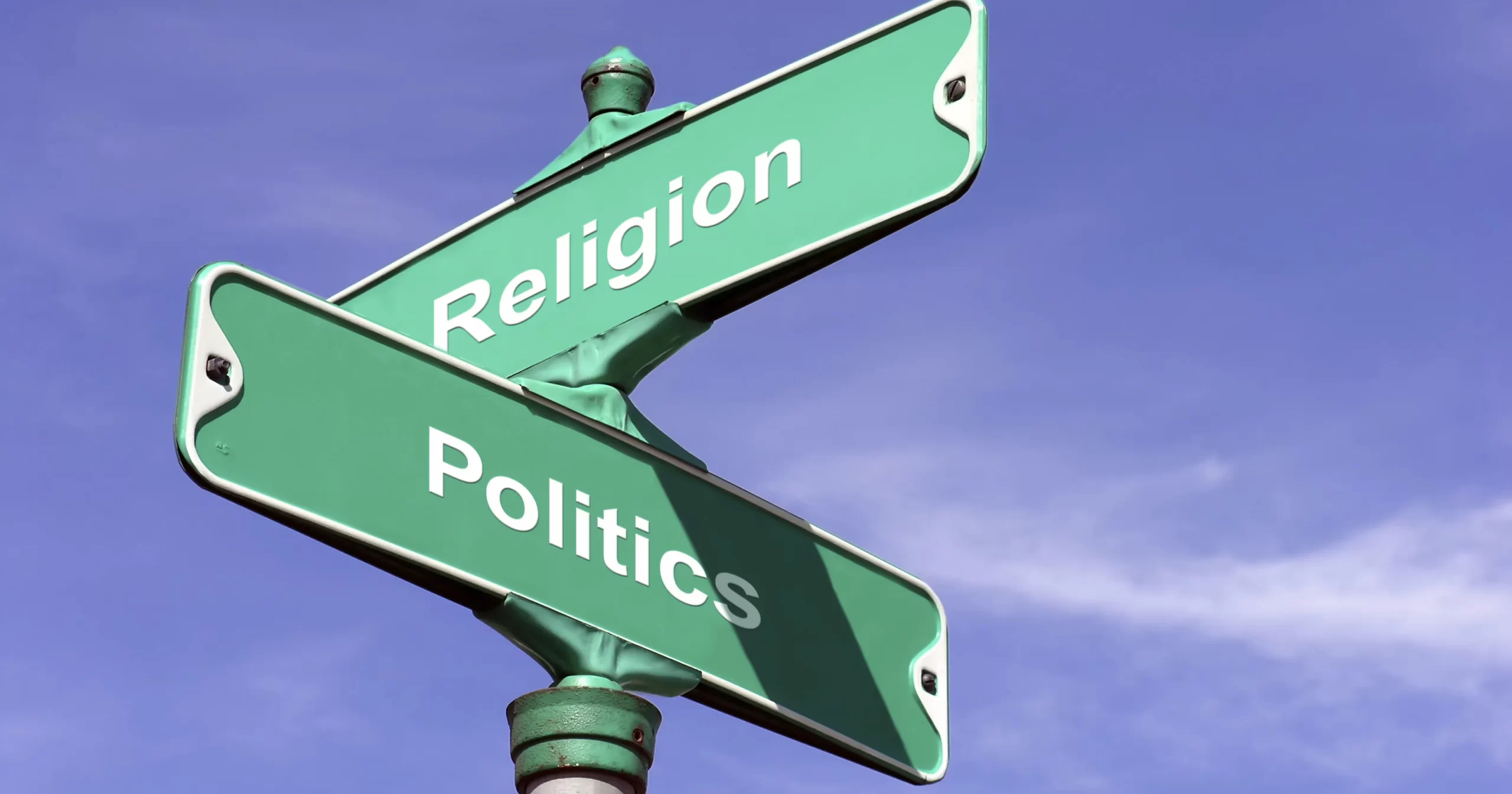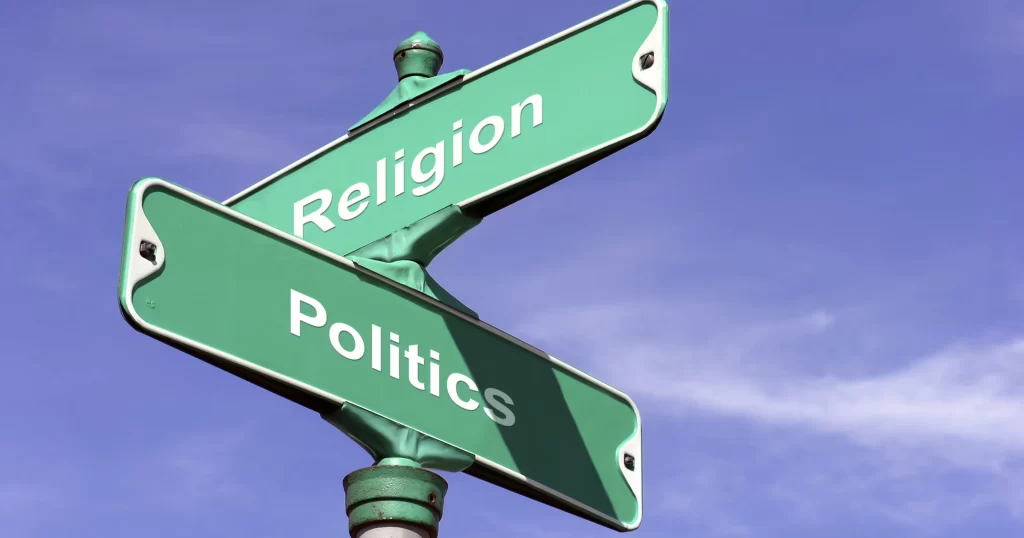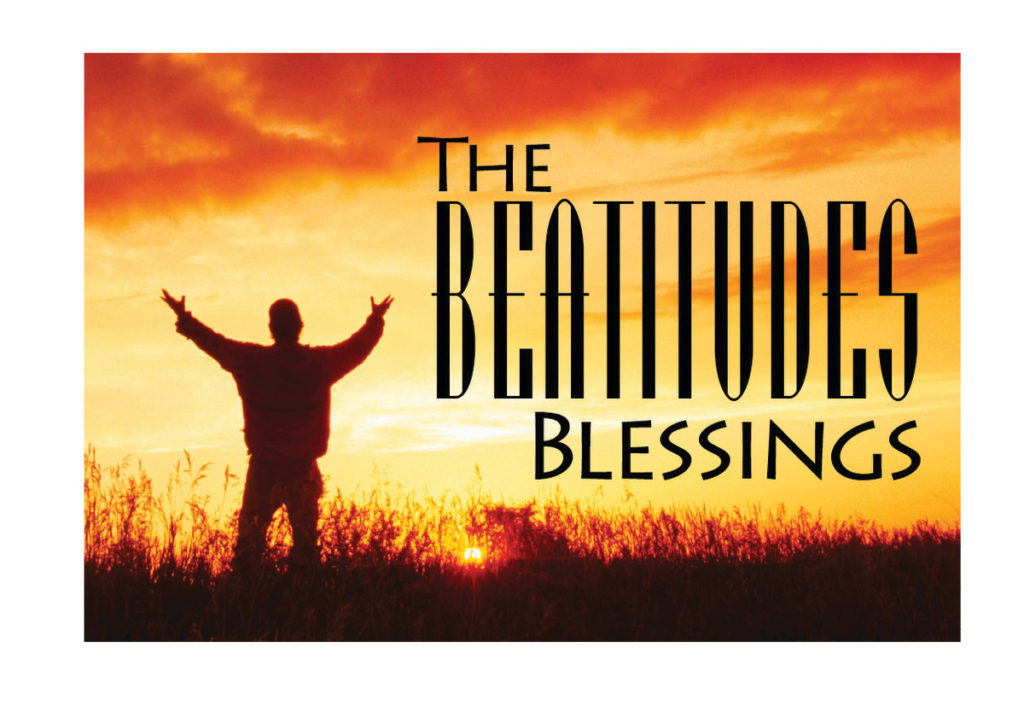
Politics and Religion
Politics and Religion: The two words should not be connected because they will never unite in true harmony. Why? The definitions of each are in opposition to the other at the core of existence. When religion dabbles into politics, the “soil” of politics rubs off on it. When politics delves into religion, it loses the focus of governing. I know these are bold statements. Therefore, the purpose of this article is to “layout” a deeper meaning of both words and explore why one does not embrace the other. At least in the world we live in today.

Religion Versus Politics
Where is the best place to start? Explore definitions of both words that relate to today’s thinking and actions.
Politics: Merriam-Webster says politics is “the art or science concerned with guiding and influencing governmental policy.”
American Heritage Dictionary: “The activities or affairs of a government, politician or political party.” Finally, the Cambridge Dictionary defines politics as ” the activities of the government, members of law-making organizations or people who try to influence the way a country is governed.”
The key word in all of the definitions is “government.” Government is the act of governing. Govern means to guide, influence or use one’s ideas and concepts as a foundation for governing. This will be the focus of this article when discussing politics. Now, let’s look at religion.

American Heritage Dictionary states: Religion is a “belief in and reverence for a supernatural power recognized as the creation and governor of the universe.” Merriam-Webster says religion is “a personal set or institutionalized system of religious attitudes, beliefs and practices.“
Oxford Dictionary: “The belief in and worship of a superhuman power or powers, especially God or gods.” The key word in all of the definitions is “beliefs.” The human mind is a victim of beliefs. Many beliefs are formed while the fetus is still in the womb. Biblical history reveals that life, death and destruction are based on human beliefs grounded in the eternal wisdom of a supernatural being. A person’s beliefs are the essence of his being. How does this impact politics and religion?
We Are What We Believe
Why do I say we are what we believe? Because it is true. If it were not true, Jesus would not have based his spiritual healings on changing beliefs. Many times, before he healed a person, the question “Do you believe?” would be asked or stated in some form. Central to changing the physical body was changing the mortal beliefs that controlled the body. Beliefs are deeply embedded in the consciousnesses of humans and are not easily removed.
Religion is as personal as politics. It is the moral fiber that controls one’s core. Both organizations seek to direct human lives and experiences. Thus, unless spiritually based, one group seeks to control the other. Today in America, many religious organizations support political parties in order to get laws passed that give them more control. Political ideologies may be the last thing they are interested in. Similarly, politicians may never embrace a religious group’s beliefs, they simply use the beliefs of the group to rally votes to gain or stay in office.

Politics and Religion
The First Amendment to the Constitution has given Americans the freedom to choose and practice religion by stating succinctly ” Congress shall make no law respecting an establishment of religion or prohibiting the free exercise thereof.” One can reasonably argue that is why Americans have so many different religions. Some groups have named their gods and set-up rules and laws that govern the bodies and souls of their followers. Still others use the word “God,” read the same Bible, but walk away with conflicting interpretations and understandings thereof. Ministers use the pulpit to “tout” political views in harmony with their struggle for power and control.
Politicians on the other hand,” clutch religious beliefs” not as a guide for their spiritual lives but as a mechanism to get policies and laws across the finish line. Abortion is the “hot issue” the two groups are using today. They have merged to deny human rights, so that they may individually gain power and control. Neither group “cares” about the other’s beliefs or ideologies . . . it’s simply a ploy to get what each group desires. The sad reality is the welfare of the lives of millions of human beings are caught in the “crossfire.” Is there a solution?

Let Spirituality Govern
Yes . . . there is a solution, and the words of Jesus lay the foundation. “Do unto others as you would have them do unto you.” Those words are simple, but the meaning is complex! Millions of human beings have no intention of “getting back” what they “give!” To them, it is a one-way-street. To Jesus, it was a form of self-government based on spiritual consciousness. Can you imagine how greatly improved the world would be if people only did to others what they wanted done to them? There certainly would be fewer dead people in graves!
True governing is based on spirituality and morality. Too often, neither religion nor politics uses this as a governing principle. This writer views religion and spirituality as not necessarily on the “same page.” Some religions “practice what they preach.” Others use it as a shield to further their secular goals and control the lives of the populace. We say to religions, “Save souls by living spiritual principles.” One of those principles is “only the pure in heart see God.” Make sure your heart is pure before you “dig into someone else’s.” Politicians, stay in your lane! Govern by using the Constitution as a guide, but moral values as a foundation. Doing so, politics and religion can meet in the middle, and hopefully . . . serve mankind and not themselves.
